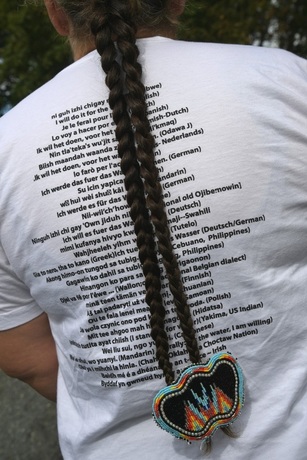 Barb Baker-LaRush’s shirt says “I will do it for the water” in more than 30 languages.(Katherine Frey/The Washington Post)
Barb Baker-LaRush’s shirt says “I will do it for the water” in more than 30 languages.(Katherine Frey/The Washington Post) Unlike the secular political demonstrations I've participated in over the last 30 years, their call is spiritual. Their way of gathering to protect the earth and the water, ceremonial.
"Everybody standing here today is here because someone in your family, one of your ancestors, prayed that you would be here," we were told at a large solidarity event outside the US Army Corps of Engineers today in Portland.
While the Protectors' stance in North Dakota is slowly beginning to attract public attention, it is far from the only front in defense of what was once considered by all peoples, an animate world, a world in which we are all related, human and non-human, seen and unseen.
And it is only the most visible form of prayer for water. In honor of all those whose see their prayers as necessary for the well-being of the world, I'm sharing a recent article from the Washington Post about a 13-day ritual in which dozens of women and girls walk the entire length of the Potomac: "They will speak to the water, sing to the water, and pray for the water."
"The walkers recite the phrase I will do it for the water in Ojibwe as they hand the water to one another," the article reports.
Organizer Sharon Day, 65, of St. Paul, Minnesota, is asked "if the walkers’ goal is to raise awareness about water pollution. Sure, awareness is nice, she responds — but that’s a paltry goal. The intent of this walk is to speak to the water’s spirit, not to a human audience.
"'All the while, we’re speaking to that water. We’re telling the water how much we care about her,' Day said. 'We really do support the work of other environmental groups. We believe what’s missing from most of this work is the idea that the water has a spirit, and we as spiritual people need to speak to that spirit.'"
..."She doesn’t view her walks as a form of protest. A child of the ’60s, she protested plenty — against the Vietnam War, in favor of civil rights and feminists and lesbians and American Indians. 'I spent my entire life protesting — until I carried that water,' she said. 'It’s not a protest. It’s a movement toward something with love. You’re doing it because you love these rivers.'"
The article also quotes Beth Brent, who planned to participate for a week and ended up walking for two months. "'It’s a prayer. Something about being in prayer every day, it’s powerful.' ...Brent, too, has worked with water cleanup organizations, and found something in the walking that was missing there. 'They keep it in the realm of science and water monitoring. That’s a very colonizing, Western white male way of engaging with nature,' she said, noting that Ojibwe tradition allows only women to carry the water on these walks, with men in supporting roles."
Day was asked, “Auntie, do you really think this is doing any good?” As the article recounts, "The child doubted that the women’s walk could prevent further degradation of the environment. 'The mining companies, they’re so strong. They have so much money,' the girl said.
"Day responded: 'But the water’s more powerful. The water’s more powerful and that’s who we’re speaking to.'"
Read the full article and get involved with #NODAPL Solidarity.


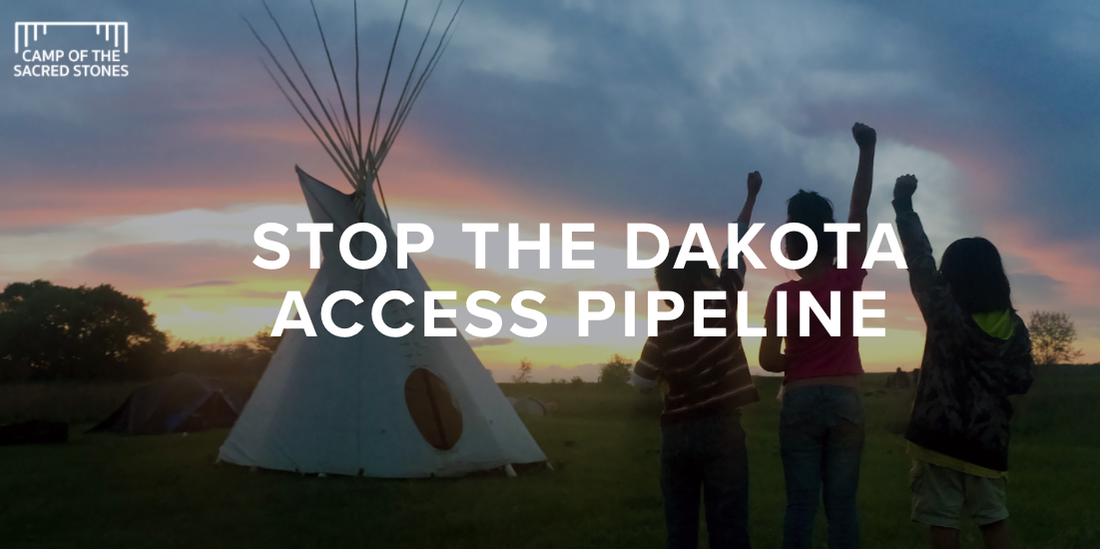
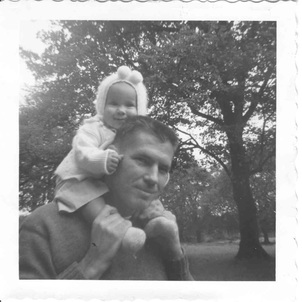
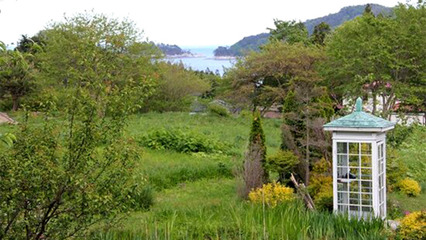
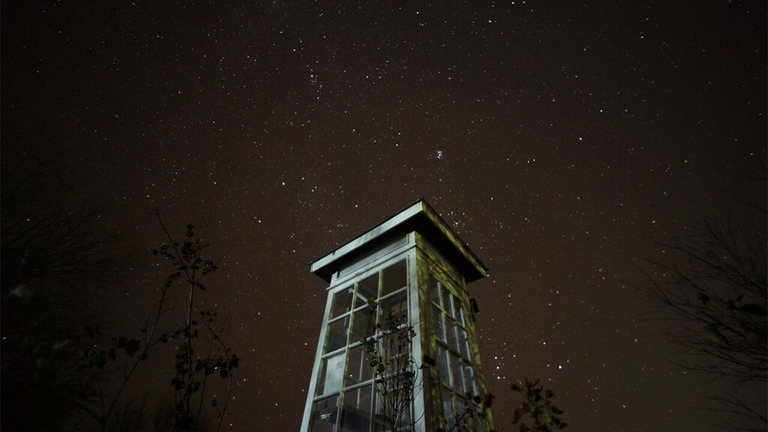
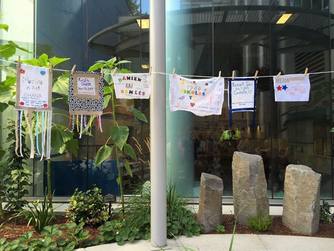
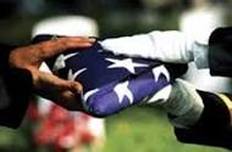
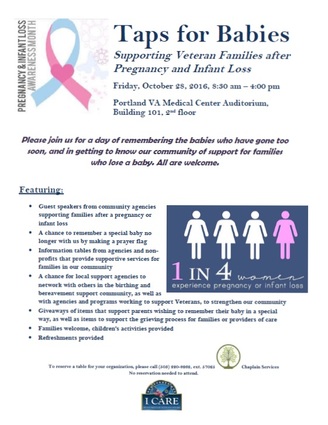
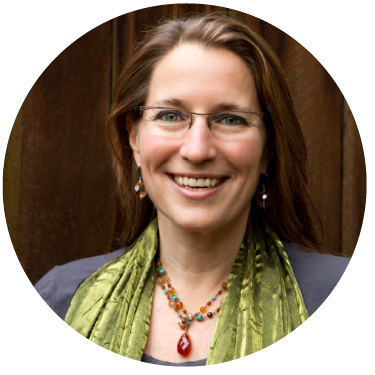
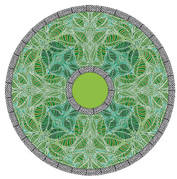
 RSS Feed
RSS Feed